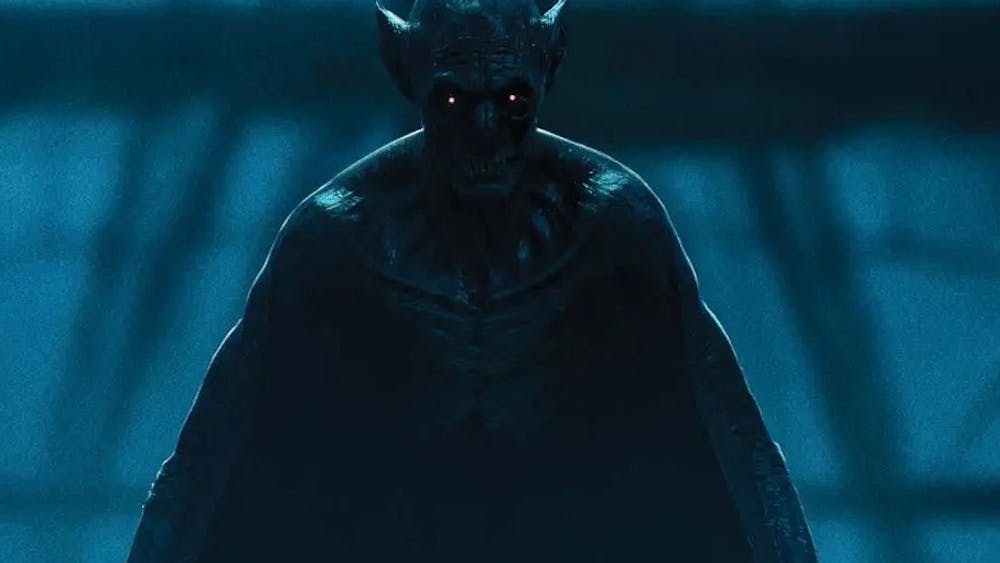An unusually large and variegated audience gathered in Auer Hall Monday evening for a recital. All were there to hear Edmund Battersby's performance. Battersby is a professor of piano at the IU School of Music and an internationally recognized virtuoso pianist. In store for Monday night's audience was a large and very diverse selection of solo piano music occupying a good one-and-a-half hours of listening.\nThe recital began with two Impromptus by Franz Schubert (1797-1828), which were relatively short and not too demanding on Battersby. These delightful pieces served as an excellent concert opener because of their light and bouncy quality, as well as Schubert's characteristic lyricism and infectious melodies.\nNext however, followed the true gem of the concert -- the fiery Waldstein sonata of Ludwig van Beethoven (1770-1827). This sonata ranks among Beethoven's finest and poses a considerable challenge to the pianist, as well as a very moving experience for the audience. It was somewhat disappointing that the first two movements had a few minor errors in them, but these were definitely miniscule when Battersby's performance as a whole was viewed. The breakneck tempo at which he took the piece -- and in doing so being very true to Beethoven -- and the passion he put into its performance made listening to a familiar piece quite unforgettable.\nAfter a brief intermission, there followed a series of three Nocturnes by Frédéric Chopin (1810-1849) -- shorter works whose dark tonalities and subdued natures were intended to be evocative of night. The three chosen by Battersby were definitely impressive ones, but of these, the Op. 48 No. 1 Nocturne was the most brilliant, as well as the most passionately performed. \nThe rest of the recital, however, was slightly disappointing. The other works chosen were little more than texture pieces chosen to show the talent of the pianist. "Raintree Sketch No. 2" by Toru Takemitsu (1930-1996) was a bizarre and aimless piece showing Battersby's familiarity with newer literature. The remaining pieces were "Ondine" and "Pavane" by the French Maurice Ravel (1875-1937) and "El Polo" and "Malaga" by the Spanish Isaac Albéniz (1860-1909). With the exception of the funerary "Pavane," all of these pieces showed the digital dexterity of Battersby and made for an impressive show, even if they lacked the depth of the previous pieces.\nBattersby indulged the audience with an encore consisting of a piece by a recently-deceased friend of his, Joaquín Nin-Culmell, brother of the author Anaïs Nin. The piece was slightly upbeat for a dedication, but Battersby's devotion was nonetheless touching.\nIt should be noted Battersby performed the entire concert from memory and his manner of playing clearly indicated his heart was where his fingers were. \nAn amusing anecdote he shared before the encore concerned a meeting of music deans that laughed when IU's music dean first proposed to build a world-class music school at IU. If any of those who laughed were at Monday night's performance, they surely would have bit their tongues. The audience enjoyed a truly amazing and moving recital by a very talented pianist.
Professor captures musical spirits of Beethoven, Schubert
Get stories like this in your inbox
Subscribe





